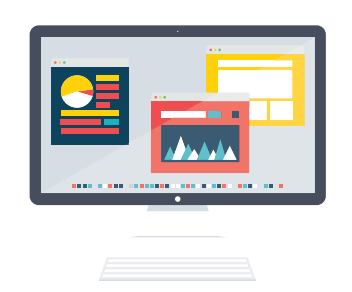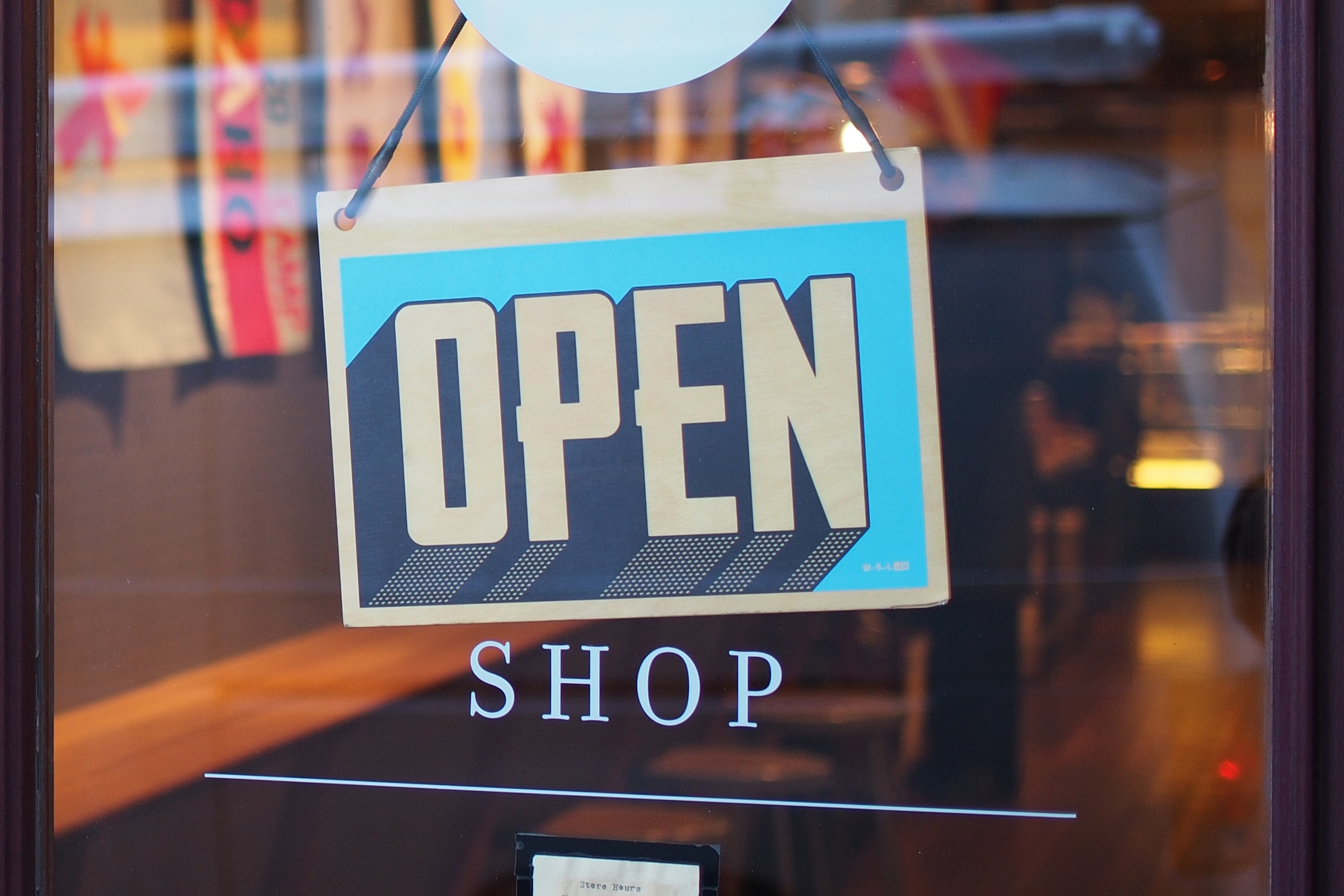How CBC National Bank Can Help Your Small Business
For more than 50 years, National Small Business Week has honored small businesses and their contributions in the United States. More than half of...
Manage your everyday finances with convenient accounts, flexible cards, and personalized service designed to fit your life.
At First Federal Bank, we offer flexible mortgage solutions for almost any situation, helping you secure the right financing for your dream home.
Business banking offers secure financial management, streamlined transactions, credit options, and tools to help businesses grow efficiently and sustainably.

 Online banking has become an important feature of the modern financial landscape. The changing nature of security practices, as well as the diligence of those determined to take advantage of easy access for illegal purposes, place a heavy onus on consumers. It can be difficult to know how best to protect oneself while conducting financial business over the internet.
Online banking has become an important feature of the modern financial landscape. The changing nature of security practices, as well as the diligence of those determined to take advantage of easy access for illegal purposes, place a heavy onus on consumers. It can be difficult to know how best to protect oneself while conducting financial business over the internet.
Consider these best practices for online banking security a place to begin in your search for security on the internet. Ultimately, the safest financial transactions happen as a partnership between attentive consumers and a financial institution you can trust.
Verify the Security of Your Online Transactions Practices for Online Banking
Attempts to steal personal financial information from consumers have become sophisticated. Criminals in search of valuable passwords or other material will employ both false websites and social engineering to accomplish their goals.
The Power of Passwords
Your password is among the most important tools in your security arsenal. the strength and privacy of your password can protect you against the most basic attempts to access your financial information.
Personal Computing Best Practices
The security of your personal computer, laptops, and connection to the internet are also an important component of online banking safety.
Protect Your Social Media
Social media has connected many people with lost friends. Unfortunately, it can also connect criminals with potential victims.

For more than 50 years, National Small Business Week has honored small businesses and their contributions in the United States. More than half of...

With our Value+ or Premium+ Interest checking accounts, you’ll have access to over 360,000 discounts on dining, shopping and other services, right...

Are you using our Perks+ Plus mobile app yet to save on dining, shopping and other services? You can easily refer new merchants to join the discount...
Manage your accounts, make payments, and more.
Open an account with us.